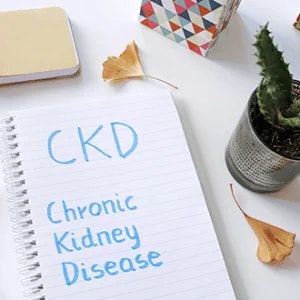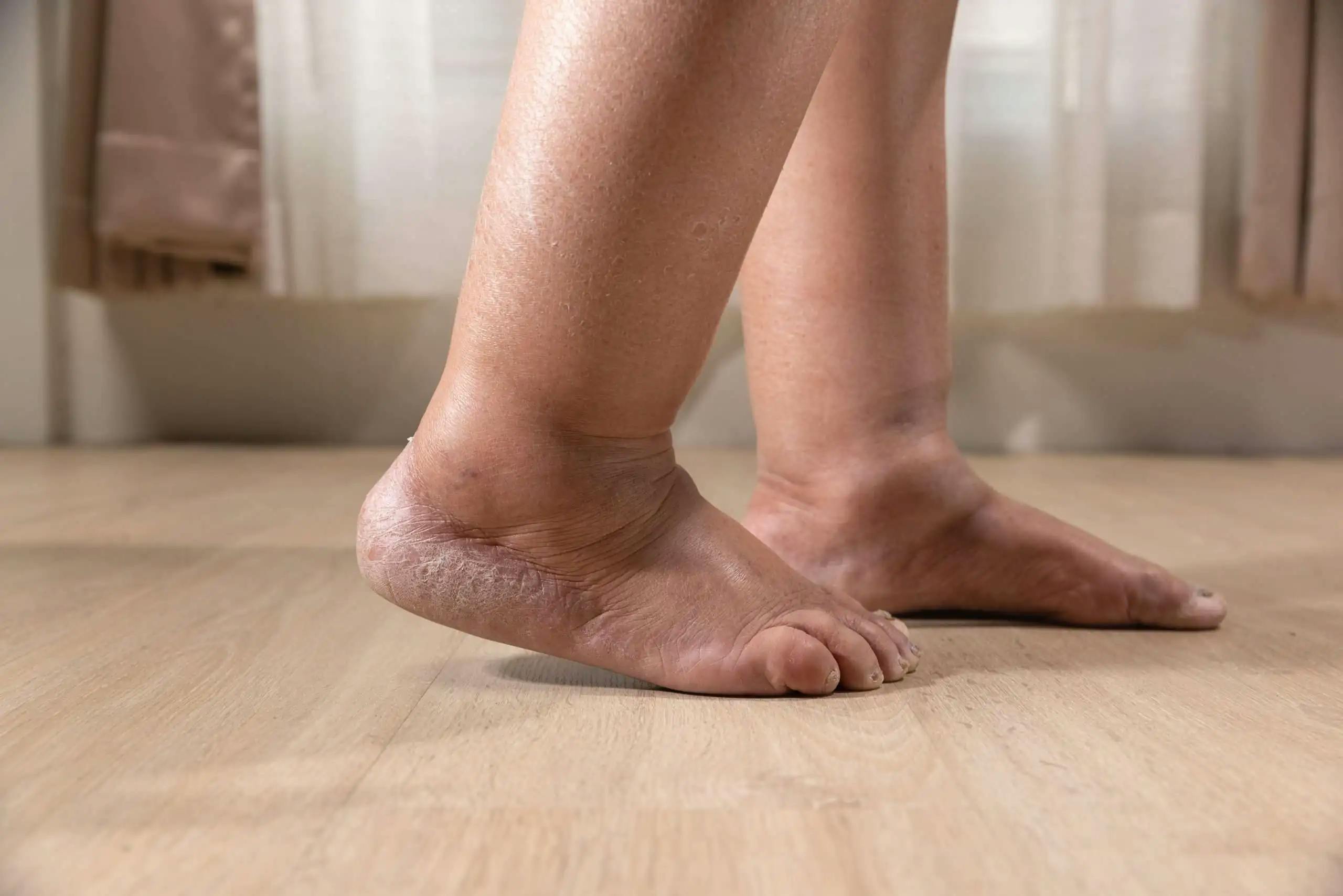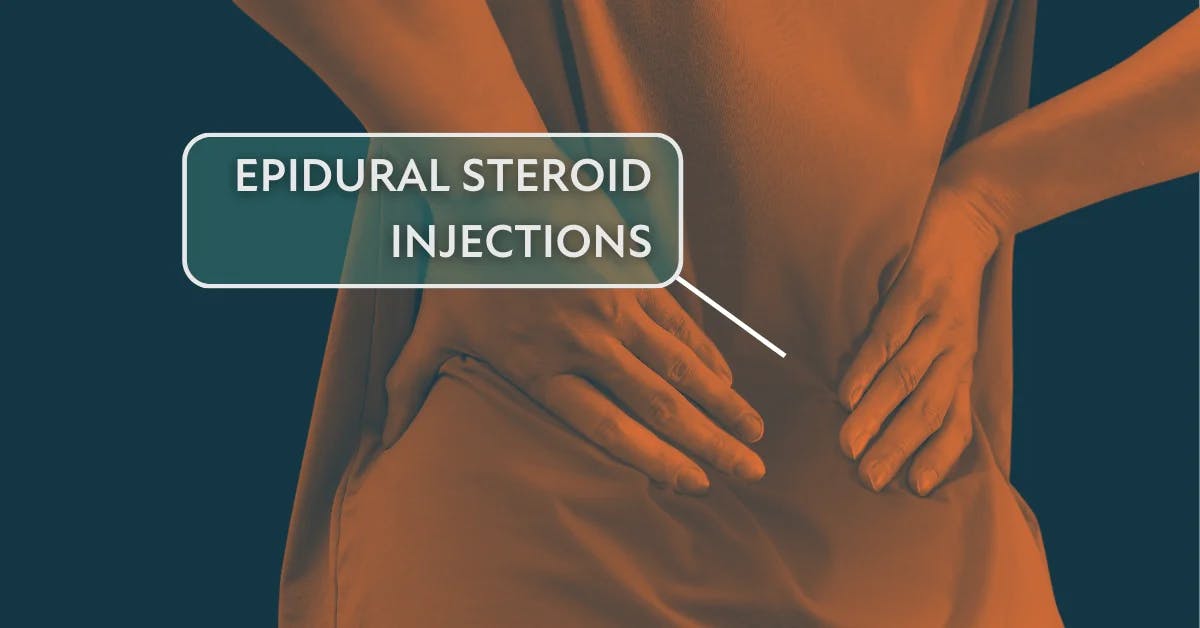Why are kidneys important?
There are two kidneys, each about the size of a fist, located on either side of the spine at the lowest level of the rib cage. The kidneys perform the life-sustaining job of filtering and returning to the bloodstream about 200 quarts of fluid every 24 hours. They are powerful factories that function to:
- Remove waste products from the body
- Remove drugs from the body
- Balance the body’s fluids
- Release hormones that regulate blood pressure
- Produce an active form of vitamin D that promotes strong, healthy bones
- Control the production of red blood cells
What is Chronic kidney disease (CKD)?
Chronic kidney disease (CKD) is a serious condition that affects 37 million people. CKD includes conditions that damage the kidneys and decrease their ability to keep you healthy. A person can lose up to 90% of their kidney function before experiencing any symptoms which means the majority of individuals with early stages of CKD go undiagnosed. The early detection of failing kidney function is crucial because it allows suitable treatment before irreversible kidney damage or deterioration manifests itself through other complications.
Tips to manage CKD
Adopting a healthy lifestyle can help you manage and slow the progression of complications from CKD. Following these steps can help you take charge of your kidney health:
- Manage blood pressure and monitor blood glucose levels
- Take medicine as prescribed and avoid NSAIDs like ibuprofen and naproxen
- Aim for a healthy weight – Create a healthy meal plan.
- Reduce stress and make physical activity part of your routine – Get at least 30 minutes of physical activity per day.
- Make time for sleep – Aim for 7 to 8 hours of sleep per night.
- Quit smoking – If you smoke, take steps to quit. See the American Cancer Society’s Guide to Quitting Smoking.
Are you at risk?
You may have an increased risk for kidney disease if you are older, have diabetes, have high blood pressure, have a family member with kidney disease, or are African American, Hispanic American, Asian, Pacific Islander, or American Indian.
It is important that people with an increased risk for chronic kidney disease see their doctor for testing. The sooner you know you have kidney disease, the better. The steps you take to protect your kidneys from damage also may help prevent heart disease—and improve your health overall.





